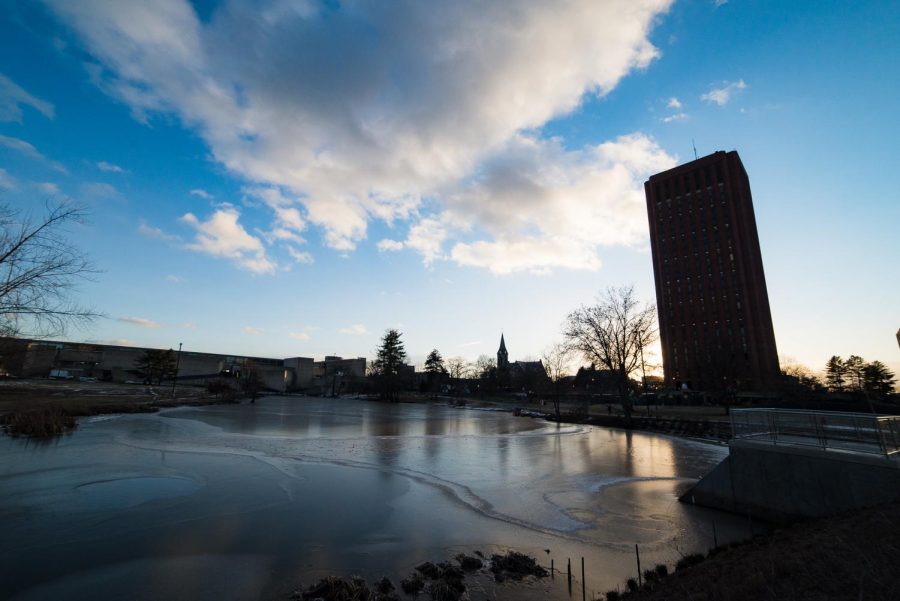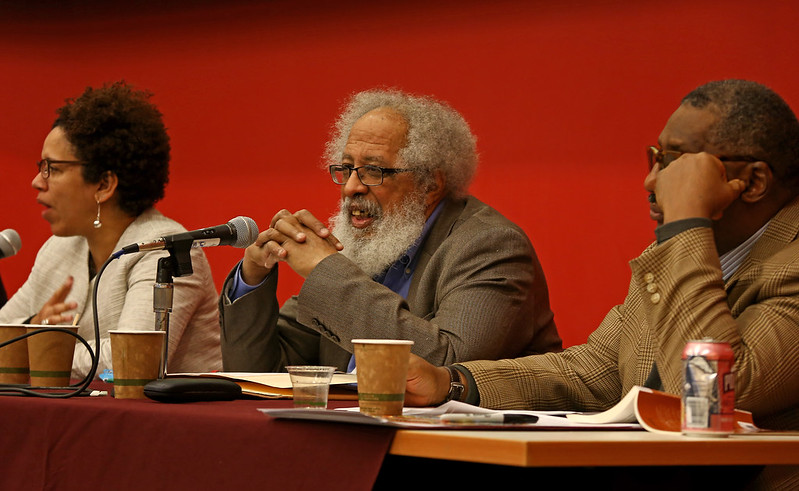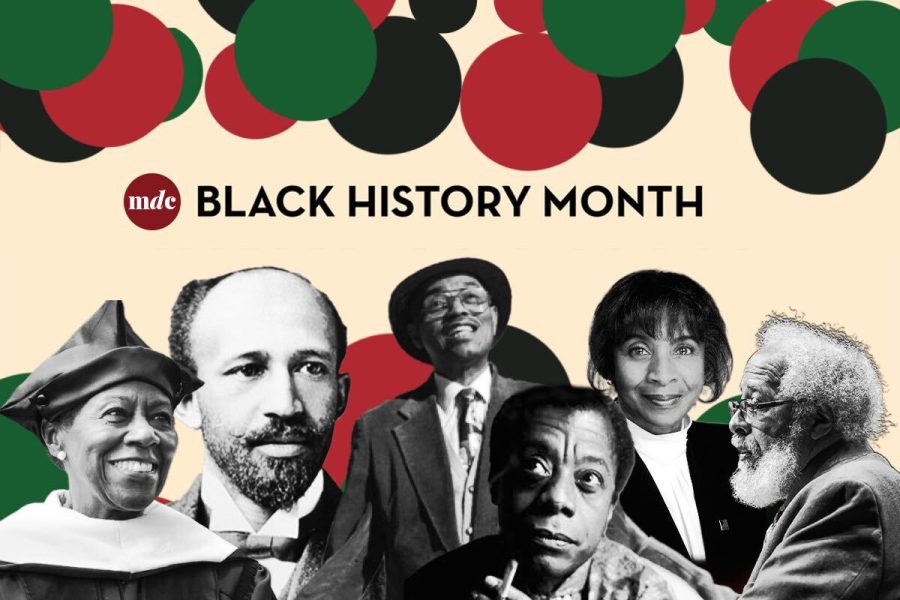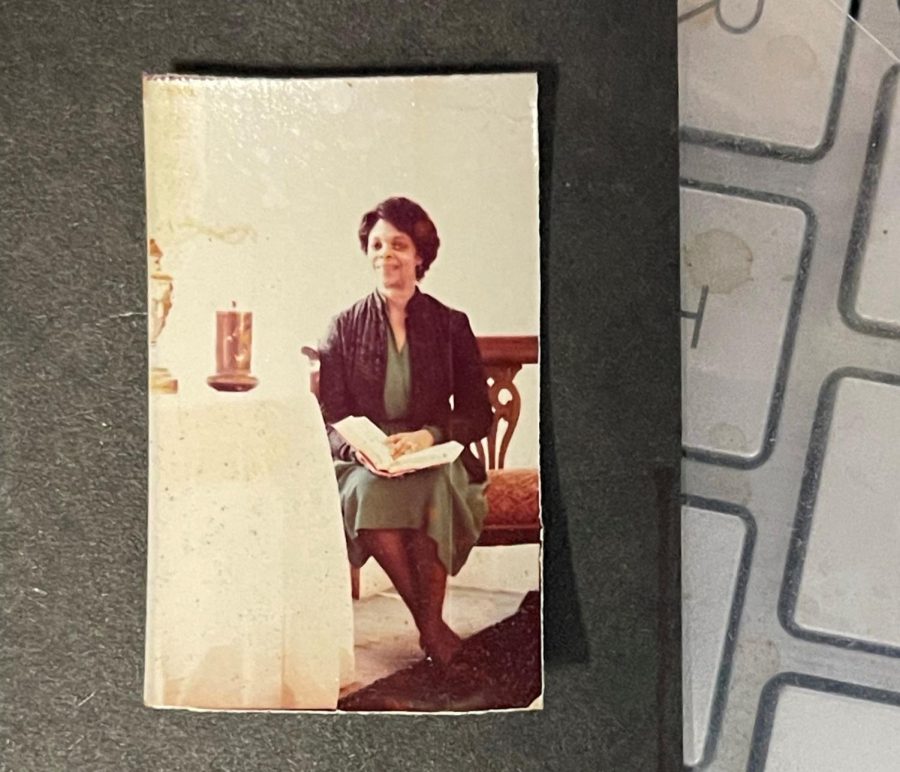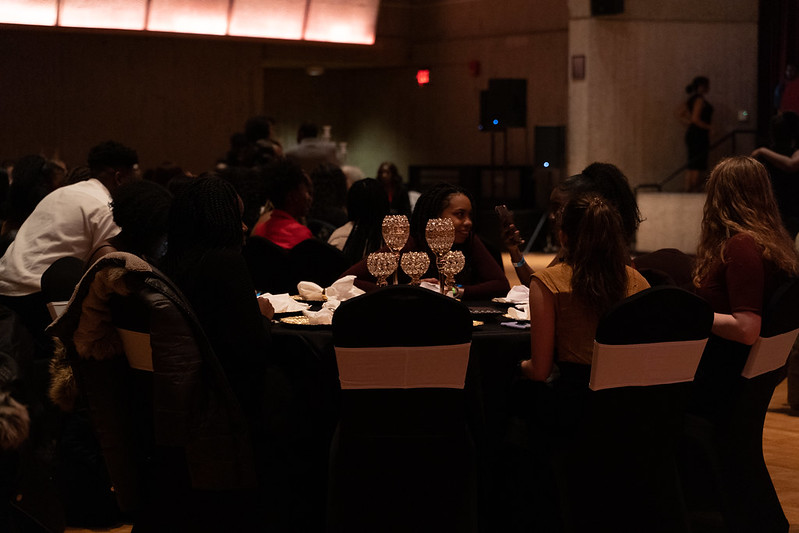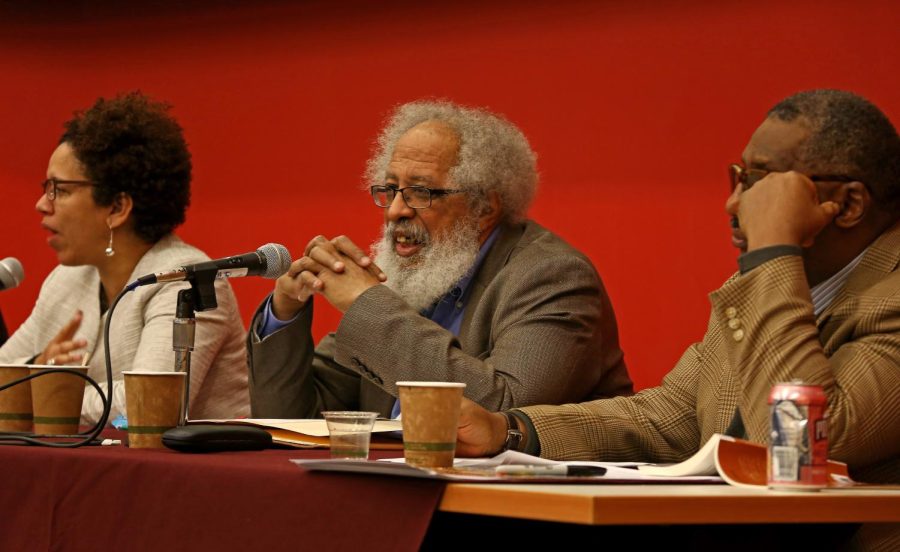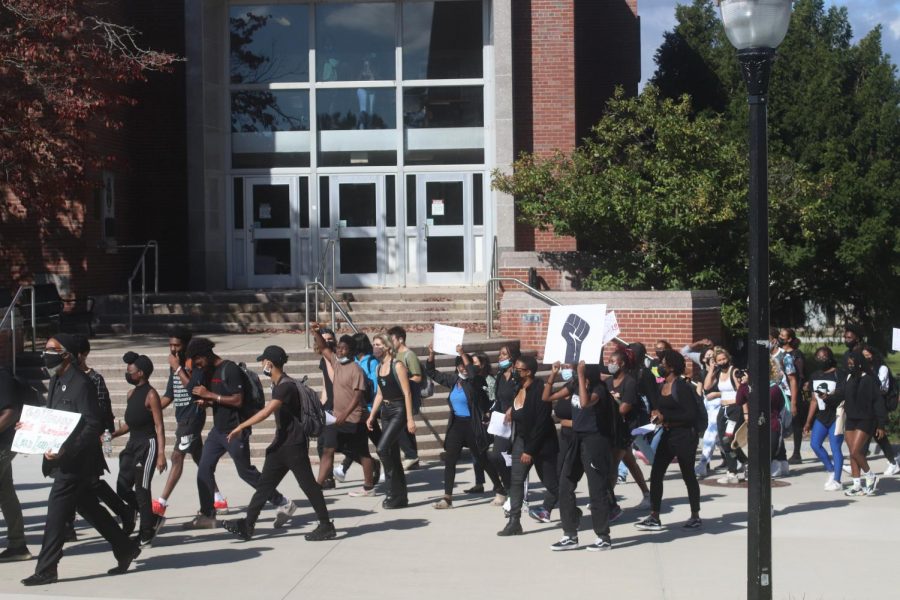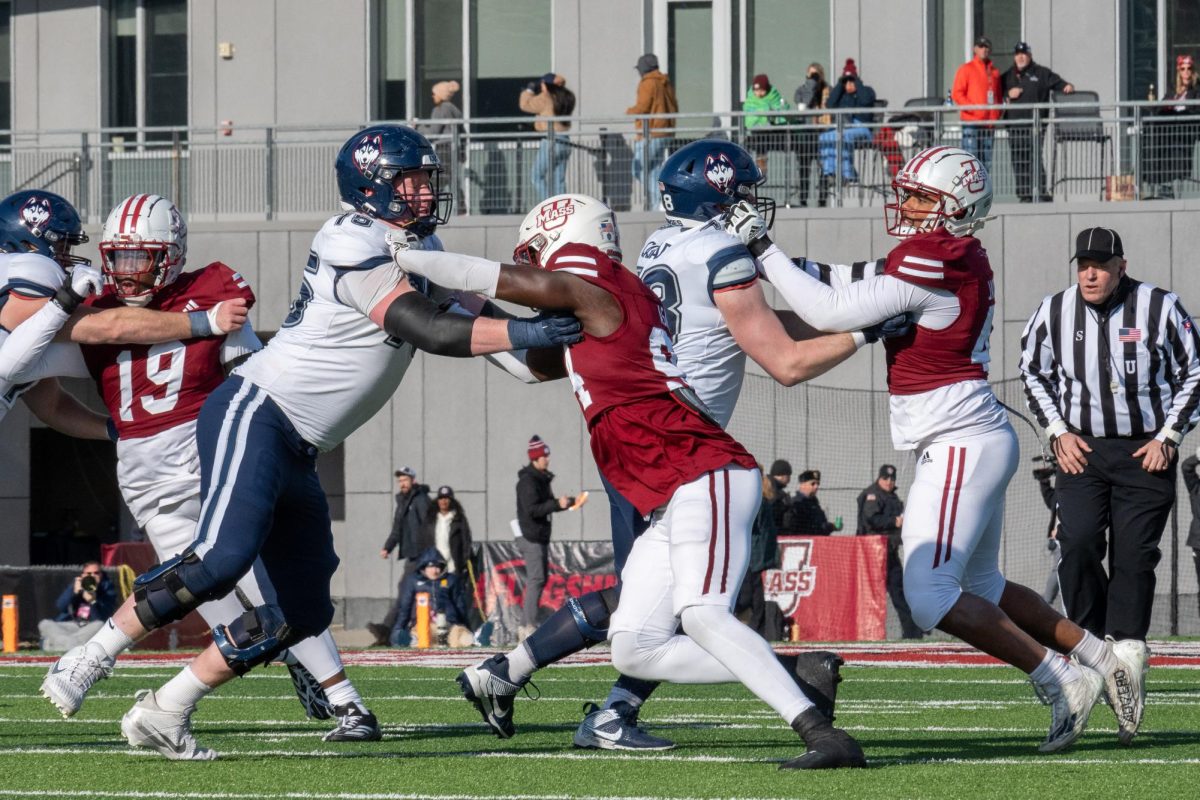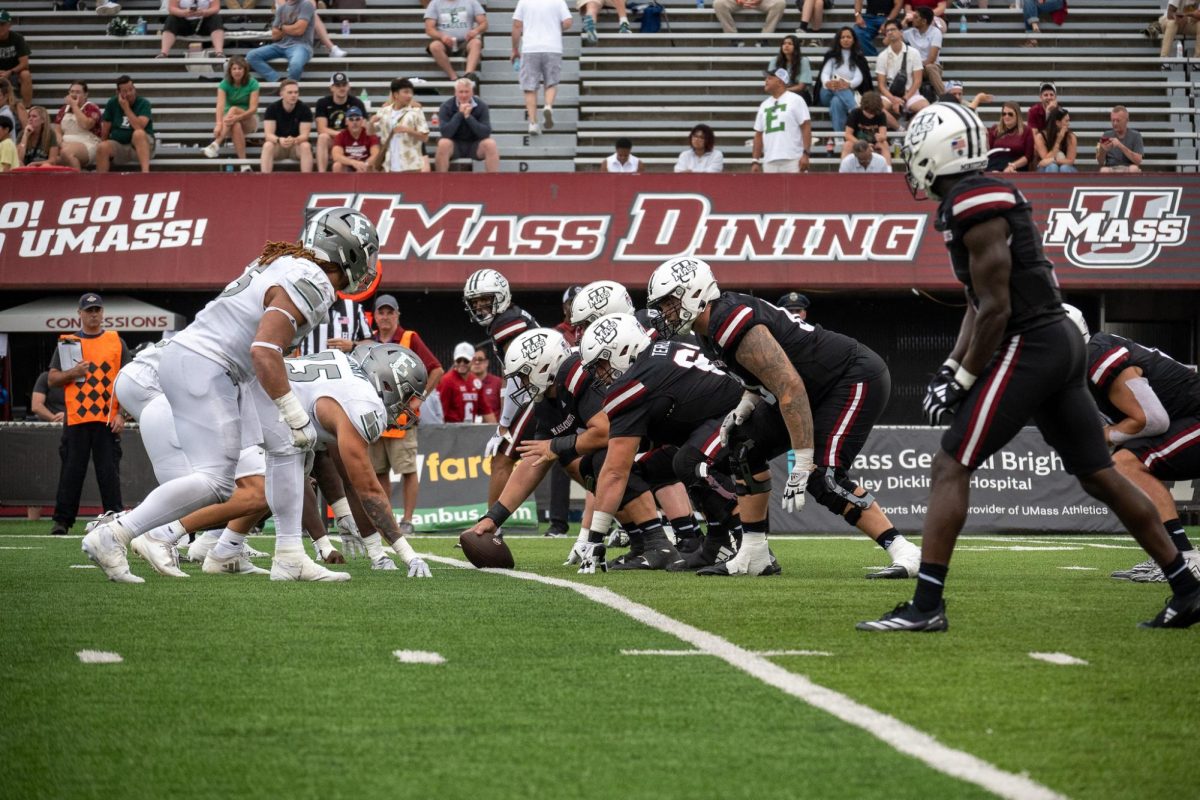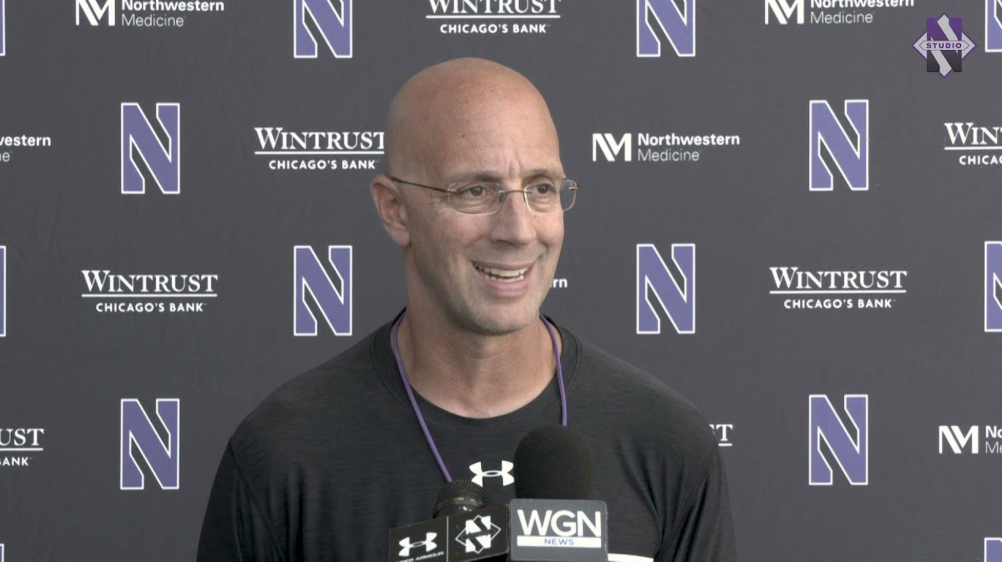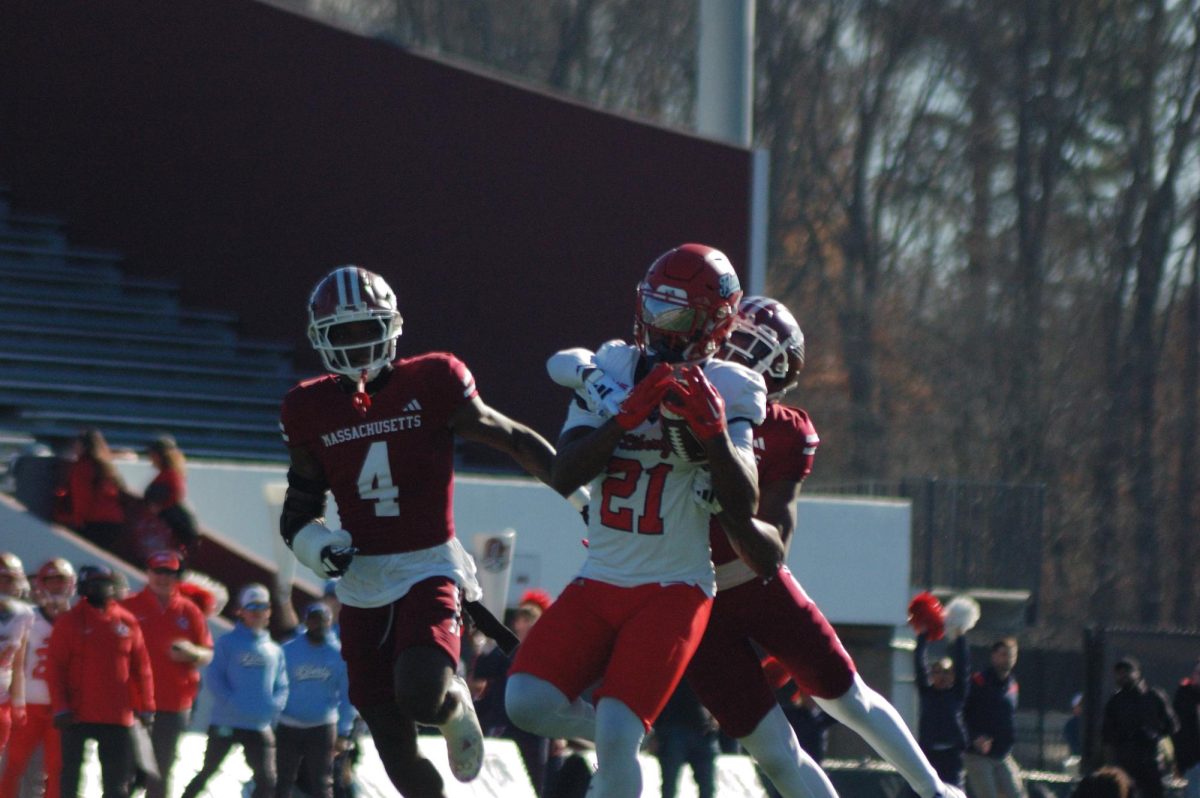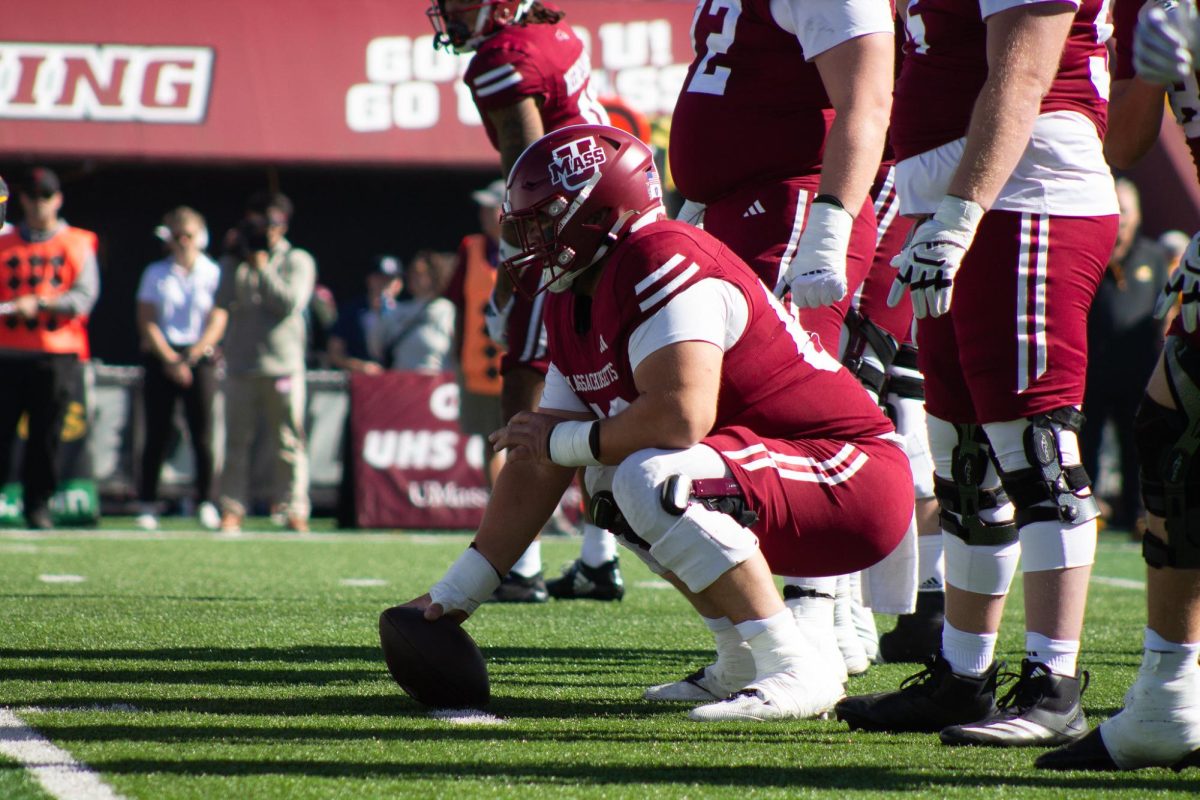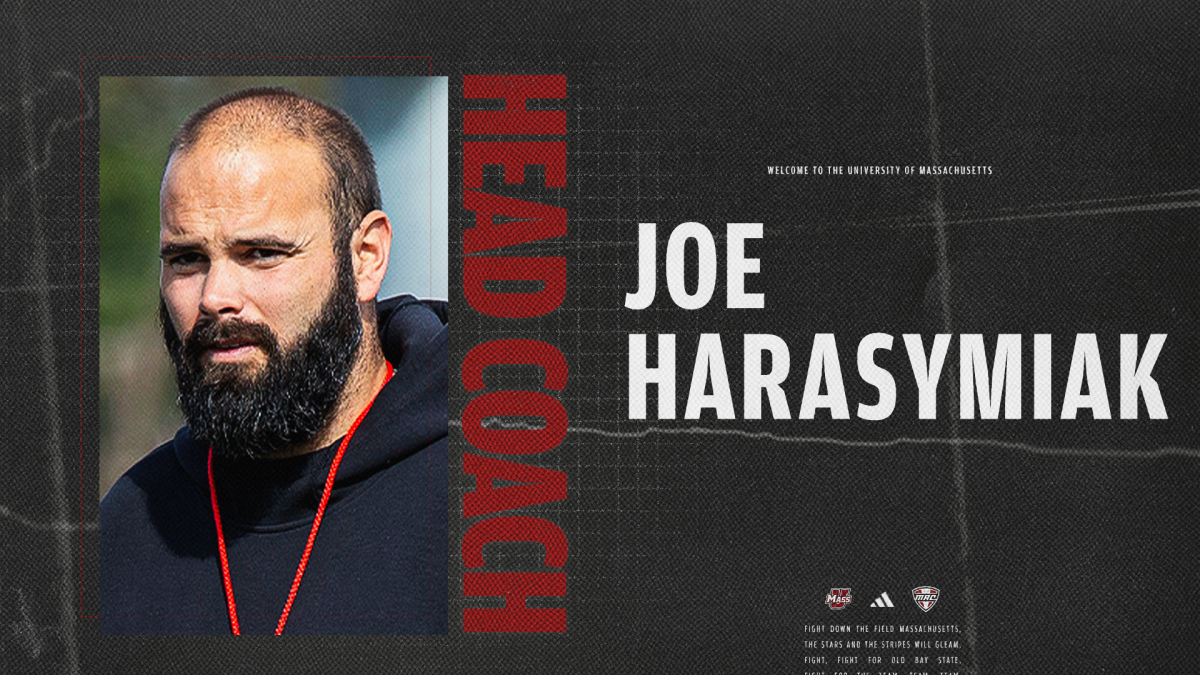A little more than a year ago, student-athletes Desiree Oliver and Solomon Siskind boarded a plane to Austin, Texas having not met each another. The event they were attending, the annual Black Student Athletes Summit, was one Oliver didn’t even know existed before she made the trip. Little did they know that this event would shape the impact they’d make over the next 12 months – and perhaps their post-graduation careers.
“It’s funny; Solomon and I never had a conversation before we left for the trip,” Oliver said of their relationship. “We became friends in those few days that we were there. We were just so inspired [by] the presenters at the summit [that] we were like, ‘Wow, we need to be doing something like that for our school.’”
Earlier this year, Solomon Siskind (@UMassFootball) and Desiree Oliver (@UMassWBB) attended the Black Student-Athlete Summit. Hear from them about the experience in Austin, Texas ⬇️#Flagship🚩 pic.twitter.com/YwDyzodkFG
— UMass Athletics (@UMassAthletics) February 20, 2020
Through the shared experience of the summit, Siskind and Oliver, on the football and women’s basketball teams respectively, formed one of the most important off-court duos in the University of Massachusetts’ athletics program. Inspired by what they learned there, they teamed up to research and present on the experience of Black student-athletes at the University of Massachusetts, a primarily white institution (PWI).
Receiving responses to a survey from 175 student-athletes, their research revealed non-white students experience culture shock, anxiety and depression at significantly higher rates than their caucasian counterparts at UMass. Specifically, non-white people are three times as likely to experience culture shock, and half of the non-white student-athletes reported feeling depressed or isolated at the University.
“I never realized how much of a culture shock it would be for other people to see people like me and my roommate,” an anonymous minority student-athlete said as a part of the presentation. “We have sat down at a lunch table, and people got up and left and didn’t come back even if they left their lunch IDs at that table.”
Beyond not seeing many people that look like them, these are the types of instances that lead to the feelings of isolation among minority student-athlete groups. These instances extend to the athletics realm, according to the research, as non-white student athletes were found to be twice as likely to experience microaggressions from teammates or coaches than white ones. The feeling of isolation and frustration that comes with these instances can be difficult for white students, especially at PWIs, to relate to.
“At UMass when we gave [the presentation] here, people weren’t normally used to hearing these types of stats and seeing hard evidence of the type of things that go on with the Black student-athlete experiences,” Siskind said. “For them to see that and think, ‘Wow, this is what’s happening with my teammate, this is happening with one of the fellow students in my classroom,’ it really became real for them.”
“It’s not [just] one person; a lot of us are experiencing the same things,” Siskind continued about the research’s impact. “It’s really a school-wide experience, and based off my experience looking at other research pertaining to PWIs, it’s something that happens with a lot of Black student-athletes everywhere.”
After conducting their research, Oliver and Siskind developed a set of goals that they hope the athletics department will help them fulfill. In addition to creating a space that raises awareness around the traumatic experiences that Black student-athletes experience and establishing a more robust mental health program within the department, the pair would like the University to “support a proposal for a Northeast regional Black student-athlete conference to educate student-athletes, administrators, and coaches.”
Despite being described as a “transformational experience” by Siskind, he and Oliver were the only student-athletes to attend the summit last year, and only two other schools in the northeast made the trip down to Texas. While the virtual nature of the event allowed more student-athletes and athletic administrators to attend in 2021, including Athletic Director Ryan Bamford and football head coach Walt Bell, a regional summit in the Northeast would allow exponentially more Black student-athletes to share their thoughts with and be educated by their peers.
“As soon as we came back [from the summit last year], we were reporting back to [the athletics department] about what we wanted to do, and the Northeast summit has always been on the list,” Oliver said of how the goal is slowly shaping into a reality. “They’ve been supportive of that. I know we’re trying to collaborate with other universities, so as long as they’re staying open to that and provide us some funds, it’ll definitely work out. Solomon, he had this vision since we were at the summit, [and now] it’s actually starting to pan out.”
Last year I was sitting in my seat in awe of the presenters and the amazing work they were doing. Today we presented our research! Thankful for the opportunity. Hopefully we inspired somebody the same way we once were. Northeast Summit 🔜 pic.twitter.com/MhwKJ0zgfJ
— Solomon Siskind (@shlosiskind) January 7, 2021
It isn’t an accident that Oliver and Siskind are leading the charge on this study and overall social activism among student-athletes on campus. Siskind grew up in Brockton, a city that has the eighth-highest percentage of Black residents in Massachusetts. For Oliver, transferring to UMass from Temple University, which has more than twice as many Black students as UMass does, was a perspective-shifting move.
“Temple is a predominantly white institution, but just the fact that it was right in the middle of north Philadelphia, you couldn’t tell all the time,” Oliver said. “Coming here and just [experiencing] the whole new campus-y feeling was definitely a culture shock, and I didn’t realize it until I was here for a while and I was like, ‘This is totally different.’”
In wake of George Floyd’s death at the hands of a Minnesota police officer last summer, Siskind immediately began facilitating conversation among his teammates about racial justice issues that were important to them. This season, the women’s basketball team debuted shirts titled “Say Their Names” featuring the names of various victims of police brutality, an effort that was led by Oliver in collaboration with teammate Destiney Philoxy.
But talking about issues and raising awareness isn’t just what makes these two student-athletes special. It’s the “solution-driven activism” that they partake in that separates them as social justice leaders.
“By providing the recommendations, it’s essentially shedding a light on what your student-athletes want, and if you don’t actively pursue that, then you’re showing that you don’t necessarily support your student athletes from underrepresented communities,” Siskind said. “During this past summer, a lot of organizations put out these statements saying they support Black Lives Matter. Seeing stuff like this, this is your opportunity to support and actually make some change within the community.”
Through their actions to put the Northeast summit in place and their continuous support of Siskind and Oliver’s research, the UMass athletics department is ready and able to drive much-needed change regarding these issues in the near future. In particular, Amanda Ekabutr, the department’s director of student-athlete development and a diversity and inclusion officer at the school, has been extremely supportive of the pair’s goals and attended the summit in Texas with them this past year.
“I feel like our support staff, like Amanda and Liz [Smith], they work hard for us, our student athletes of color, to make us feel as comfortable and welcome as possible,” Oliver said. “I believe that [the department staff] are prepared, but the fact that they understand and be listeners and have open ears for our minority student-athletes is what makes it great.”
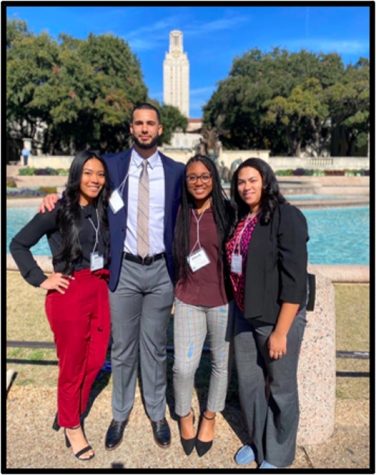
While UMass as a whole promotes itself as a diverse and inclusive campus, as exhibited by its “Hate Has No Home” campaign, the statistics and recent incidents in Amherst paint a different picture. Only 17 percent of the undergraduate student body is made up of underrepresented groups, which primarily include students of African American and Latino descent.
As recently as 2019, there were nearly 20 of hate acts reported in a single school year, including three in a seven-day span. These acts varied from anti-Semitic to homophobic and represent the widening gap between how the university projects itself and what actually occurs on campus. Still, these incidents are not the norm, and UMass has consistently condemned these acts, along with ones that make national news, such as Floyd’s death and Jacob Blake’s shooting at the hands of a police officer this past fall.
“I think our community is more welcoming and more inclusive than it might get the credit for, but there’s still a long way to go,” Siskind said. “We just need to keep having these conversations, and the work has to continue being done, but I think we’re on a great path.”
Having completed this momentous research and established themselves as leaders of their community, Siskind and Oliver, who are seniors and juniors at UMass, respectively, find themselves on a great path as well. After being surrounded by Black doctorates and doctorate candidates at the summit the past two years, Siskind plans on working toward his own doctorate degree upon graduation so he can continue to develop research projects like this one and support and educate others.
“I knew I always wanted to come back home to Brockton and support the community and give back just because of my uncle and a lot of other mentors around me who really believed in service, specifically through sport,” Siskind said of his ambitions after graduating. “But it wasn’t until [attending] the Black Student-Athlete Summit where I realized I could do this research and use this as a platform to shed light on all the systematic inequalities going on.”
Like Siskind, the summit served as a potential career-altering series of days for Oliver, too.
“Before going to the summit, I never would have expected to do any of this research, presenting at the fair, helping to organize the Northeast summit; it was really eye-opening,” Oliver said. “Knowing that I can help other people really uplifts me, so I definitely would want to continue doing this work.”
As a pair, the two have already accomplished a tremendous amount through this research, and the platforms they have been given reflects that. They were the keynote speakers at the inaugural A Call to Action Research Fair at UMass last November and presented their findings from this study at the Black Student Athletes Summit in January. But with much still left to be accomplished and goals be completed, there is more work to do.
“Solomon and I were thinking about furthering our research, so that’s definitely still going to be in the works,” Oliver said. “The Northeast summit is at the top of our priority list, [too].”
“The data that we have is really great, and the conversations that it brings is something that I’ll always bring with me and [would] like to discuss,” Siskind said. “I just probably want to move forward and [keep doing] this.”
In a year, Oliver and Siskind went from strangers to friends, from listeners to leaders, and from educated to educators. Just imagine all they can do in the next one.
Freeman Alfano can be reached at [email protected]. Follow him on Twitter @freemanalfano.

